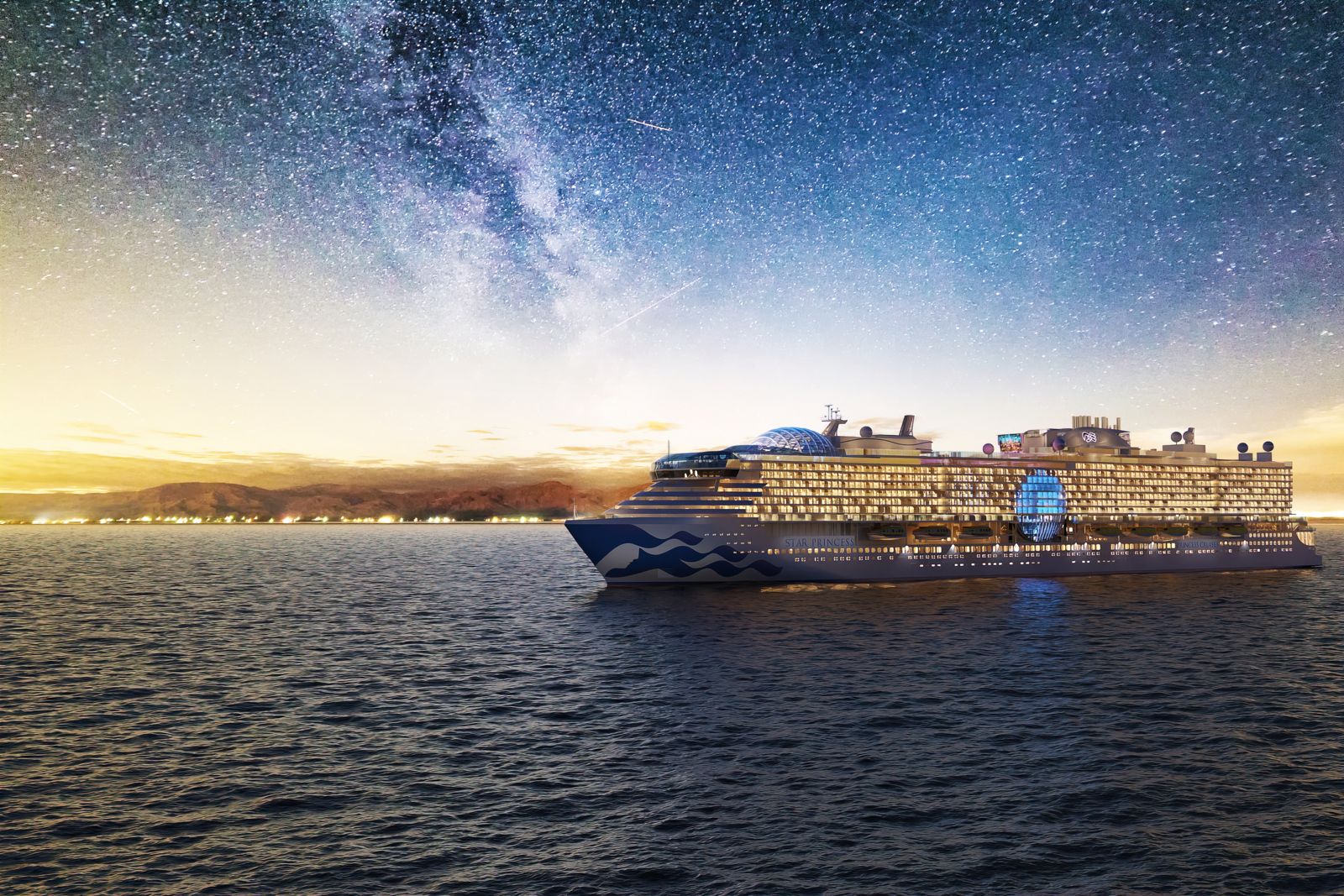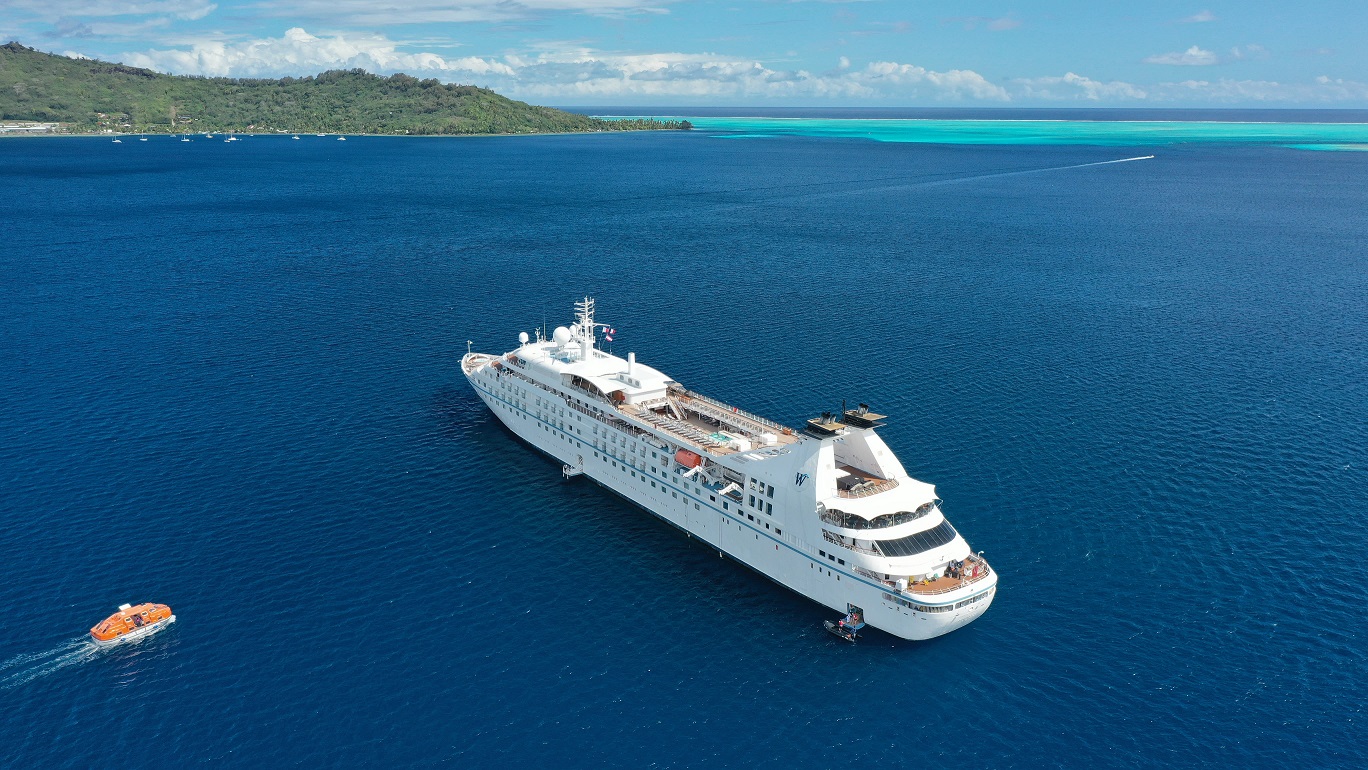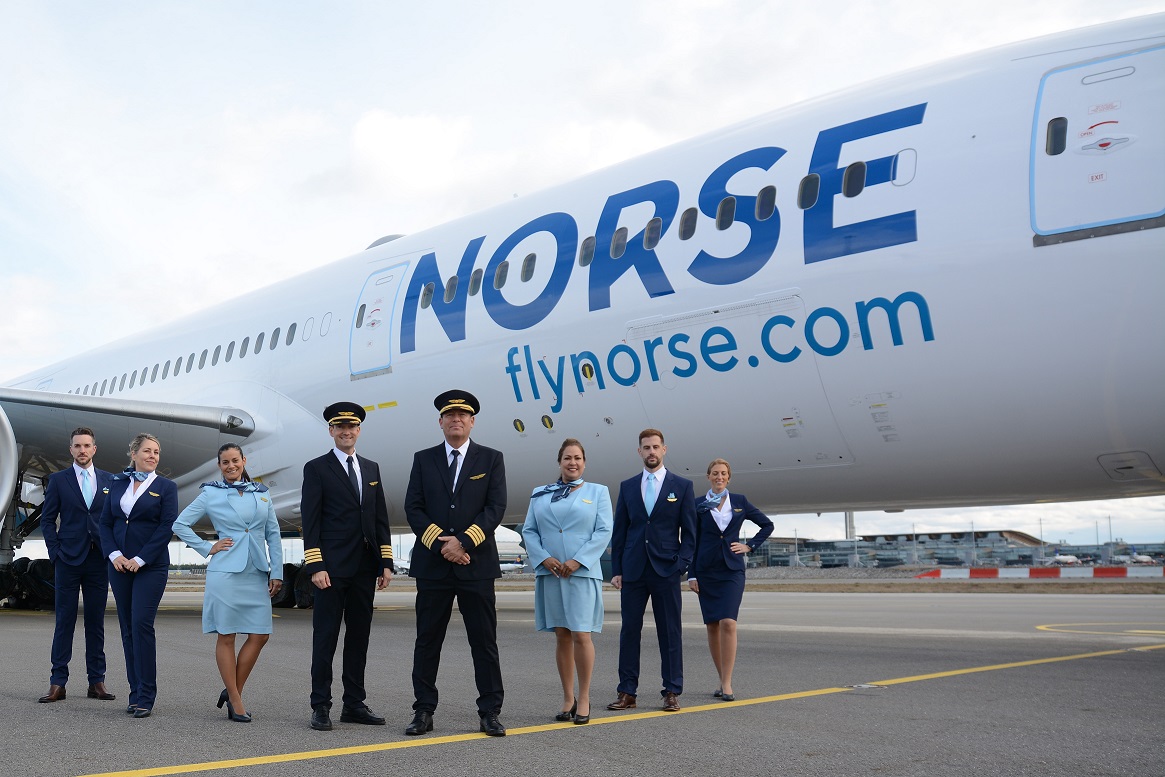While some technology and transportation companies are busy developing unmanned taxis as a replacement for conventional taxi services, others are in a race to think about developing an electric vertical take-off and landing (eVTOL) air taxis.
In January 2020, Toyota (Japan), an onshore automotive company, invested nearly US$400 million in water taxi startup Joby Aviation (United States) in a US$590 million funding round which was also attended by private fund manager Baillie Gifford, the initial investor. electric car manufacturer Tesla.
Baillie Gifford (UK) has also invested US$35 million in German eVTOL development company, Lilium. That’s not the investors who support other eVTOL air taxi developers such as Volocopter, EHang, SkyDrive, Vertical Aerospace, Jaunt Air Mobility, Archer Aviation, and Beta Technologies.
Once flight certification is obtained, the more fuel-efficient and cost-effective eVTOL air taxi service will undoubtedly disrupt the helicopters that have enjoyed their heyday during the 20th and early 21st centuries. The world’s largest aerospace companies recognize the potential of eVTOL air taxis.
To that end, Boeing, Airbus, Embraer, and Bell do not want to hand over the power of the aerospace market to new companies in vain. Currently, these companies are also developing eVTOL air taxis. Aircraft engine suppliers such as Raytheon, GE, Safran, Rolls-Royce and Honeywell are also competing to invest in eVTOL air taxis.
Just like Toyota, other automotive manufacturers such as Geely, Stellantis, Daimler are also close to the eVTOL air taxi developers. South Korean Hyundai has even introduced its air taxi at a number of technology exhibitions in recent years. Therefore, the market research firm from Cambridge, UK, projects that the eVTOL air taxi market will grow to US$14.7 billion by 2041.











